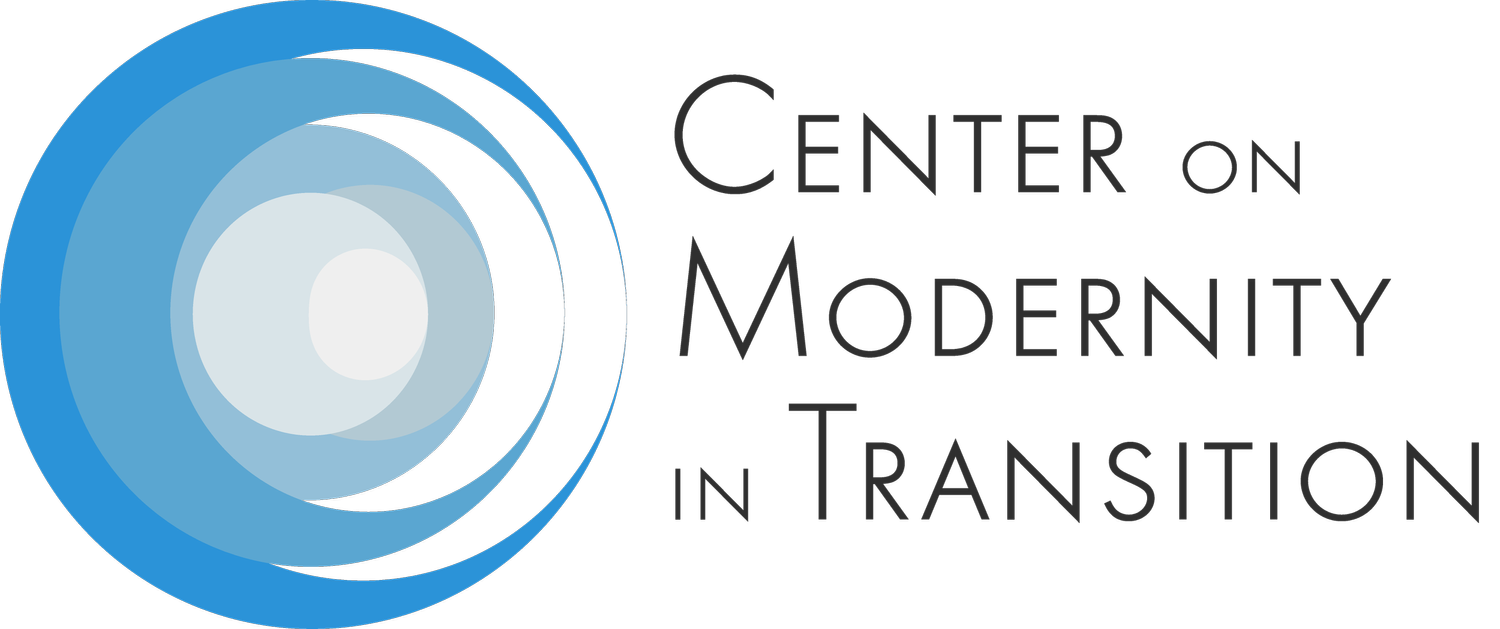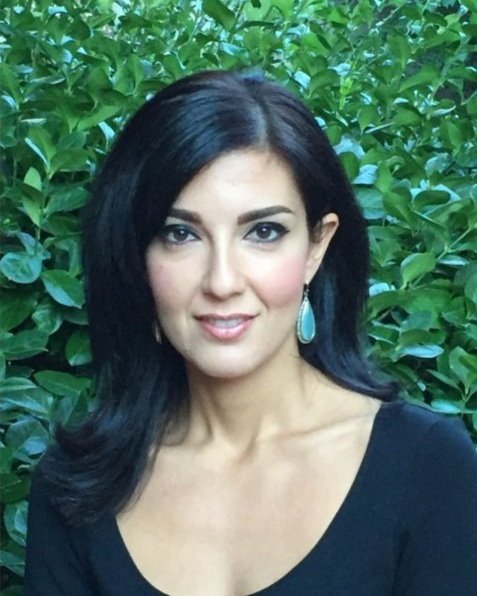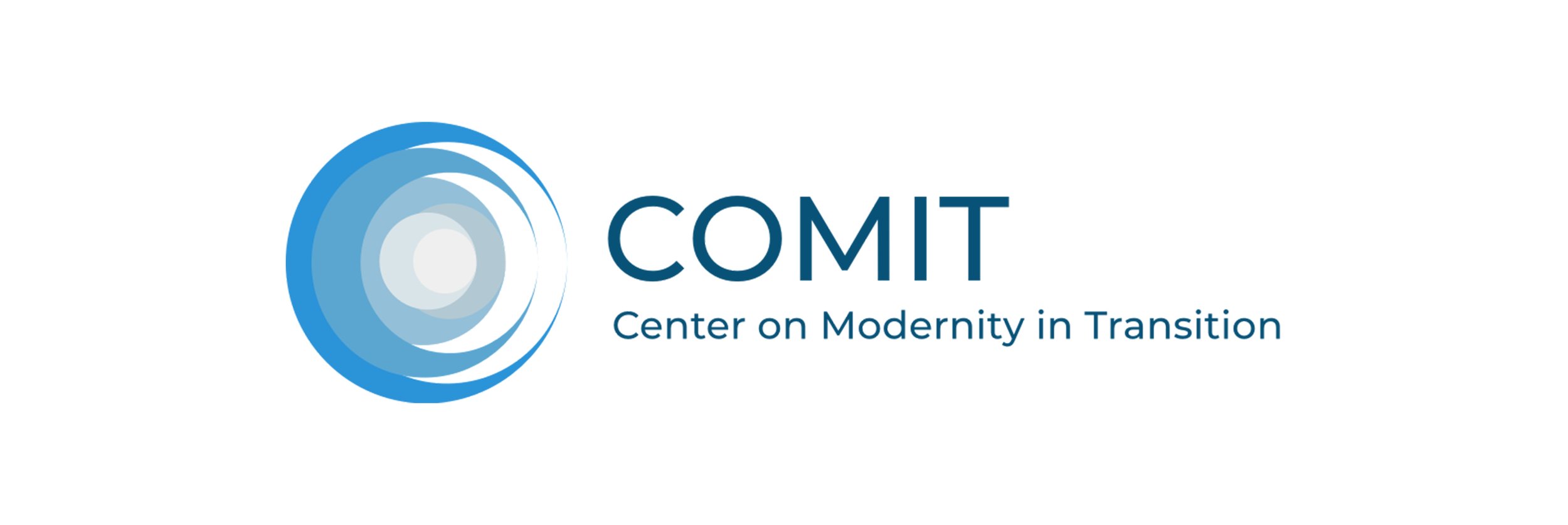Giants of Post-War Liberalism: Isaiah Berlin and John Rawls
Among the many figures who influenced liberal thought after the Second World War, the legacies of Isaiah Berlin and of John Rawls stand out with particular force. In this talk, Arie Dubnov and Andrius Galisanka discuss the respective roles that each of these thinkers played in consolidating the post-war liberal imaginary. They additionally consider the relative strengths and limitations of the two thinkers’ ideas in light of contemporary social and political affairs.
Speakers
ARIE M. DUBNOV
The Max Ticktin Chair of Israel Studies at George Washington University and author of Isaiah Berlin: The Journey of a Jewish Intellectual (2012).
ANDRIUS GALISANKA
Assistant Professor of Politics and International Studies at Wake Forest University and author of John Rawls: The Path to a Theory of Justice (2019).
Moderators:
SHAHRZAD SABET
Shahrzad Sabet is Co-Director of the Center on Modernity in Transition (COMIT) and a Fellow at New York University’s Institute for Public Knowledge. Her current book project, which spans a variety of disciplines, makes the case for a reimagined universalism that reconciles the oneness and the diversity of humankind.
BENJAMIN SCHEWEL
Benjamin Schewel is Co-Director of the Center on Modernity in Transition (COMIT). He is author of Seven Ways of Looking at Religion (2017) and is currently working on a second book, Encountering the Axial Age, both from Yale University Press.
2020-2021 SPEAKER SERIES
The Liberal Imaginary and Beyond
The Liberal Imaginary and Beyond brought together leading thinkers to examine the origins, contents, and development of post-war liberalism, and to consider significant attempts to move beyond the resultant liberal imaginary without casting aside its impressive moral and political achievements. Sponsored by the Kenan Institute for Ethics at Duke University, New York University’s Institute for Public Knowledge, and COMIT.















